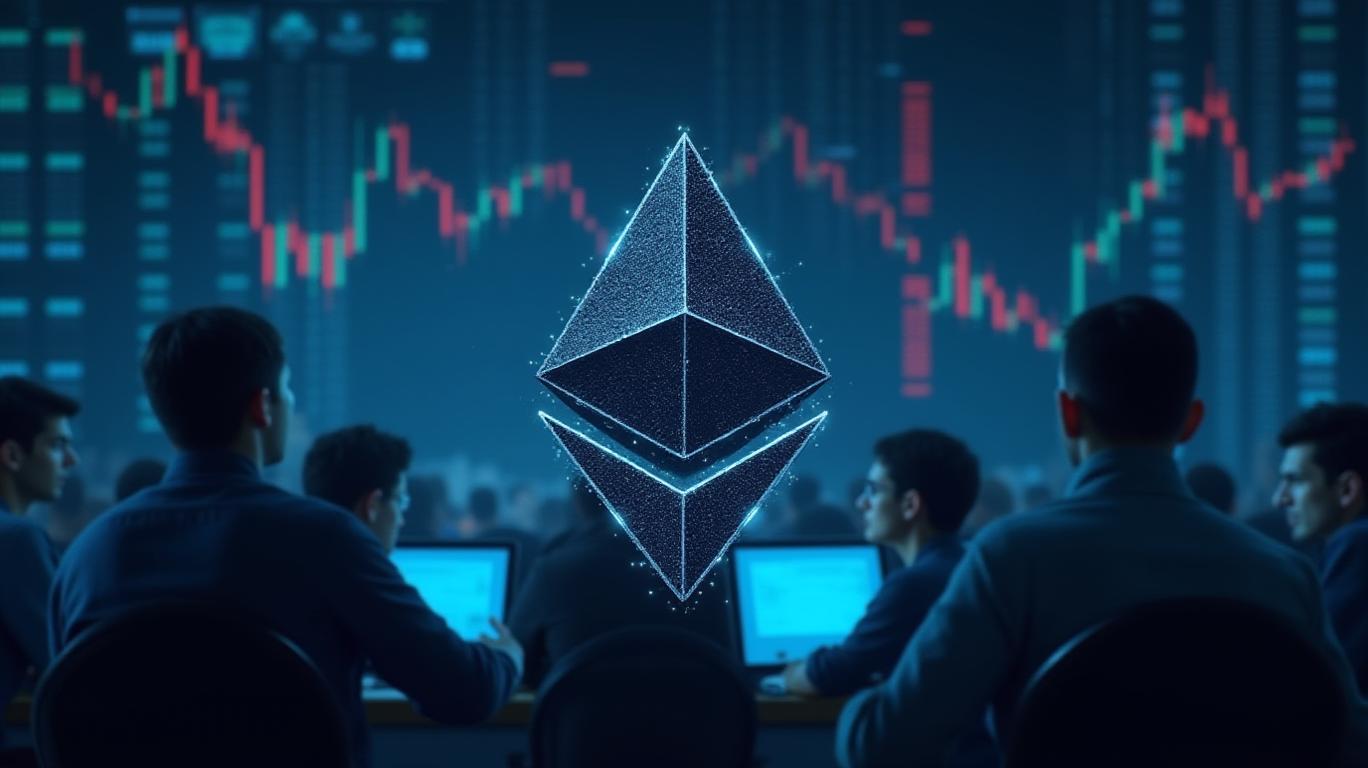DeFi's 15% ETH Drop Triggers $100M Liquidations, Highlights Volatility
Speculation plays a crucial role in traditional finance, serving as a mechanism for price discovery and enabling institutions like hedge funds and major banks to establish reliable valuations for various financial instruments. This practice is also a significant aspect of decentralized finance (DeFi), where it democratizes access to opportunities once reserved for institutional players.
Critics often highlight DeFi’s extreme volatility, citing recent events such as Ether’s (ETH) 15% price drop, which triggered over $100 million in long position liquidations. This volatility tests market resilience and investor confidence, and the industry has faced scrutiny following high-profile memecoin crashes that erased over $46 billion in market value. These incidents have exposed systemic vulnerabilities and security concerns, as exemplified by the recent Bybit hack, which intensified calls for greater transparency and regulatory oversight.
Despite these challenges, DeFi’s speculative nature is also one of its strengths. It makes practices like arbitrage more accessible to everyone, empowering individuals to participate in opportunities that were previously out of reach. Smart contracts have revolutionized financial operations, breaking down barriers that historically kept ordinary people out of sophisticated markets. This democratization allows anyone with an internet connection to engage in the price discovery process, which was once monopolized by hedge funds and banks.
Leading financial institutionsFISI-- are increasingly recognizing this paradigm shift, adopting DeFi mechanisms to automate transactions and enhance operational efficiency. This institutional adoption validates speculation as a legitimate financial practice, rather than dismissing it as mere gambling. Decentralized lending platforms, for example, enable automated market makers (AMMs), allowing anyone to provide liquidity and earn fees previously reserved for institutional market makers.
With unprecedented data transparency across blockchain networks, even uncollateralized crypto loans can enable capital-efficient arbitrage opportunities spanning multiple blockchain ecosystems. As institutional involvement grows and regulatory frameworks mature, these speculative mechanisms are evolving toward the same legitimacy enjoyed by traditional finance instruments. The practical execution of this democratized speculation includes cross-exchange arbitrage through DeFi aggregators, crosschain bridges that equalize asset prices across different blockchains, and automated liquidation mechanisms that maintain system solvency.
As the industry continues to evolve, it must remember its core value proposition: making financial opportunities transparent and accessible to everyone. Rather than apologizing for speculation, the industry should embrace and refine it as a revolutionary tool that brings financial opportunities to billions systematically excluded from traditional markets. Innovation in DeFi is not just technological but also social, creating a financial system where opportunity is determined by insight, creativity, and willingness to participate, rather than privilege.

Quickly understand the history and background of various well-known coins
Latest Articles
Stay ahead of the market.
Get curated U.S. market news, insights and key dates delivered to your inbox.



Comments
No comments yet